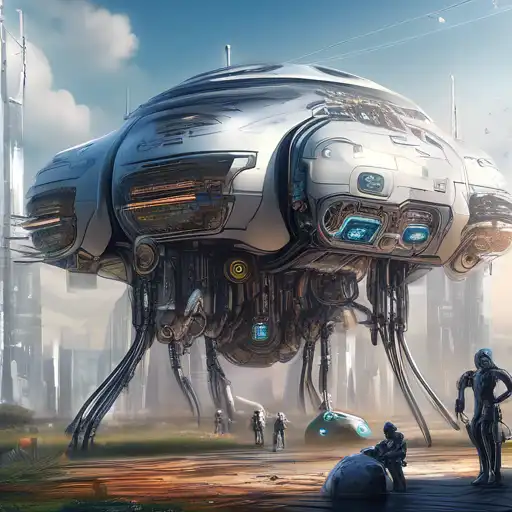Introduction to Artificial Intelligence's Evolution
Artificial Intelligence (AI) has transitioned from a futuristic concept to a pivotal part of our daily lives. This article delves into the current state of AI, exploring its advancements, challenges, and the potential it holds for reshaping our future.
The Current Landscape of AI
Today, AI is not just about robots or sci-fi movies; it's about real-world applications that enhance efficiency, accuracy, and convenience. From machine learning algorithms that power recommendation systems to natural language processing that enables chatbots, AI's footprint is expanding rapidly.
Breakthroughs in AI Technology
Recent years have witnessed groundbreaking developments in AI, including deep learning, neural networks, and autonomous systems. These technologies are not only advancing computational capabilities but also opening new avenues for research and application across industries.
Challenges and Ethical Considerations
Despite its potential, AI faces significant challenges, including ethical dilemmas, privacy concerns, and the risk of job displacement. Addressing these issues is crucial for ensuring that AI's benefits are maximized while minimizing its drawbacks.
The Future of AI: What to Expect
The future of AI is brimming with possibilities. From healthcare to environmental protection, AI's applications are set to revolutionize how we tackle global challenges. The integration of AI with other emerging technologies like blockchain and IoT further amplifies its potential.
Preparing for an AI-Driven Future
As AI continues to evolve, staying informed and adaptable is key. Whether you're a tech enthusiast, a professional, or simply curious, understanding AI's trajectory is essential for navigating the future.
In conclusion, the journey of AI is far from over. Its current trajectory promises a future where technology and human ingenuity converge to create unprecedented opportunities. By exploring AI's present, we can better prepare for its future.
